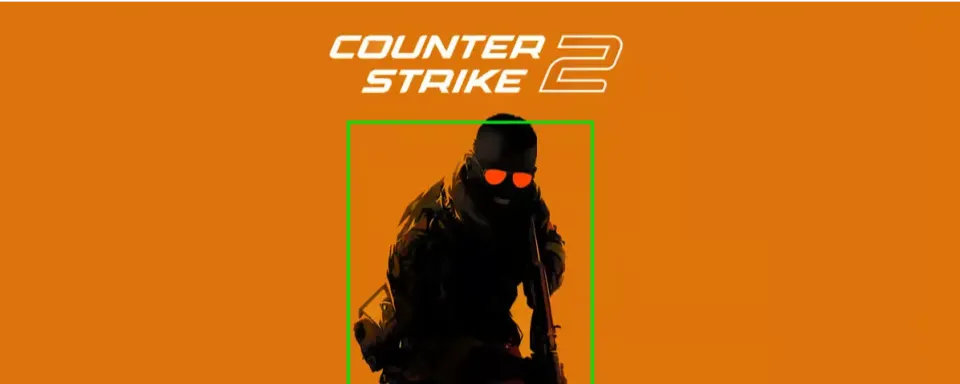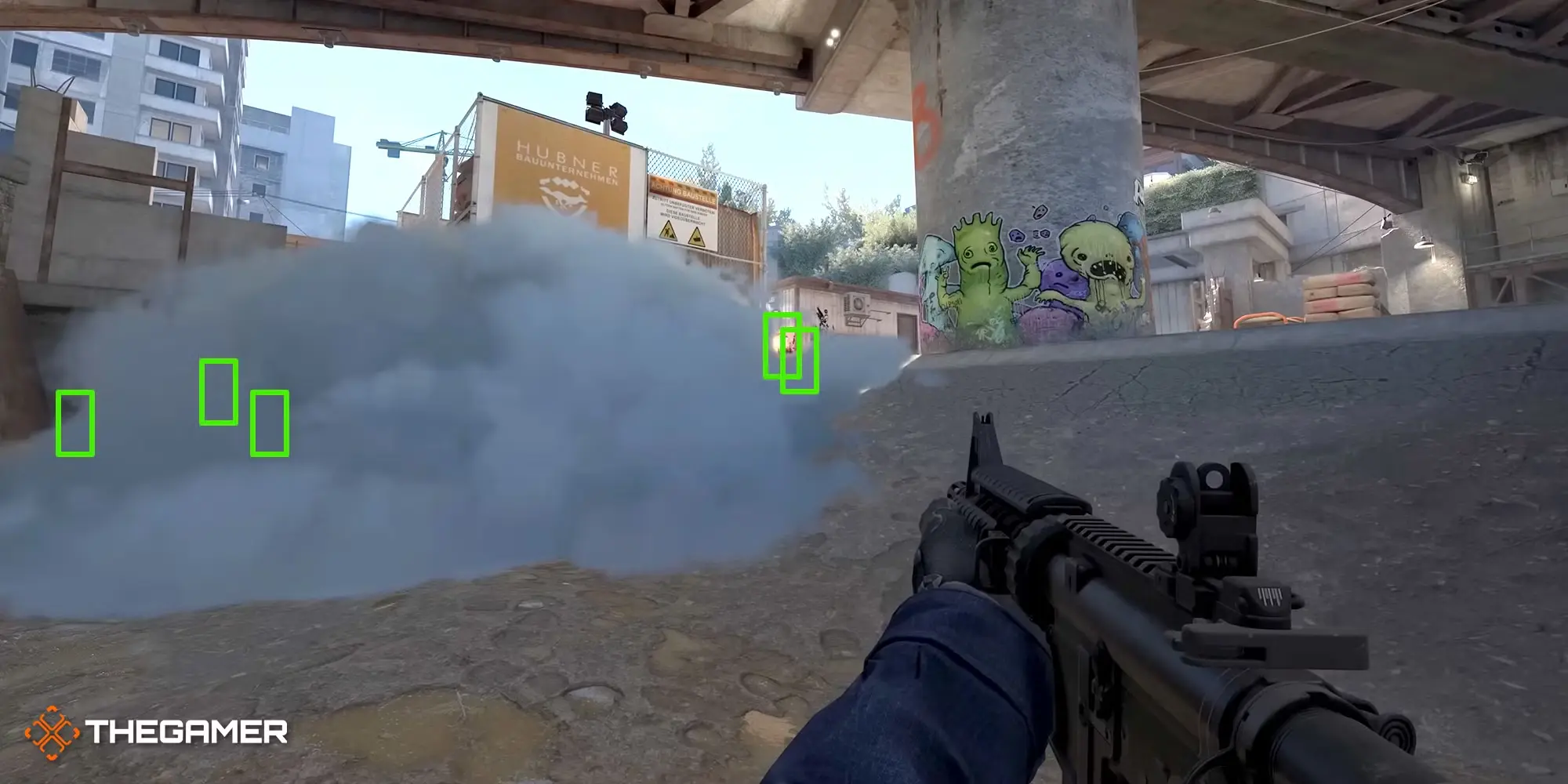- Pers1valle
News
13:06, 06.12.2024

The Russian esports team SGGT was disqualified from the MESA Asia Series 3 tournament after the facts of cheating by one of its players were revealed. The incident occurred on December 5, 2024, when the tournament operator confirmed that a player with the nickname “Geneka” used prohibited software to gain an advantage in matches.
Details of the disqualification
SGGT managed to win two matches at the tournament, including a 13:8 victory over Chinggis Warriors. One of their defeats at Dust 2 against CatEvil (9:13) was accompanied by a not very confident game due to Geneka's inefficiency. His game rating showed the usual indicators, which did not cause doubts among the opponents and tournament organizers. But in the third match, the player played a “fantastic” game - 24/11 K/D, 122 ADR, which was nothing like his previous results, and this match aroused suspicions among the organizers and other teams.
After analyzing the evidence, it was decided to disqualify SGGT. The teams that lost to SGGT were passed further down the tournament grid.
The problem of cheating on the Tier-2 and Tier-3 stage
The SGGT incident has once again confirmed that cheating is a serious problem not only in public matches, but also in the professional Tier-2 and Tier-3 scene. In recent months, the community has faced several similar cases.
Joel blocking and Zero Tenacity crash
In August 2024, BC.GAME player Joel “Joel” Holmlund was blocked by Akros anti-cheat, which deprived him of the opportunity to participate in tournaments, including the Champion of Champions Tour (CCT). Before the player was blocked, another team, Zero Tenacity, showed impressive results, winning 9 matches in 10, beating such opponents as Fnatic, B8, KOI, and Monte. However, after Joel's block, Zero Tenacity lost 6 matches in a row, and their play became much weaker.
This situation sparked a lively discussion in the community, where people began to expect that similar sanctions could be imposed on other suspicious teams.

Conclusion.
The cases of SGGT, Joel and Spooke clearly demonstrate the scale of the online cheating problem, especially at Tier-2 and Tier-3 levels. Weaker anti-cheat systems at these levels, compared to the highest international tournaments, open up opportunities for violations. It is important for tournament operators and developers to improve match monitoring and respond quickly to suspicions.
For the community and professional players, such incidents are a challenge that requires united efforts to maintain the integrity of the competition. Such cases should become exceptions rather than a typical practice in esports.
Upcoming Top Matches






Comments